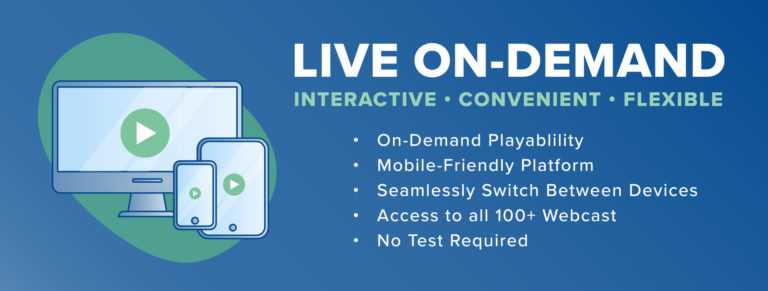
President Trump Orders a Payroll Tax Deferral
Article at a Glance:
- Deferring Certain Payroll Tax Obligations paid from Sep 1, 2020 – Dec 31, 2020.
- The relief only applies to people working and collecting a paycheck
- The relief is temporary since the taxes must still be paid
- Major changes to the tax code fall entirely to Congress, so President Trump alone cannot waive Americans’ tax debts or enact permanent tax law changes.
- A payroll tax cut might create a “public relations problem” because of the potential hurt to Social Security funds
On Saturday, President Trump directed the Secretary of the Treasury to defer the withholding, deposit, and payment of the OASDI tax (§3101(a)) imposed on wages or compensation paid during the period of September 1, 2020, through December 31, 2020.
Note. CARES provided a similar deferral of the employer’s share of OASDI.
The deferral is available concerning any employee the amount of whose wages or compensation payable during any bi-weekly pay period generally is less than $4,000, calculated on a pre-tax basis. The equivalent amount for other pay periods is $2,000 weekly, $4,333.33 semi-monthly, and $8,666.67 monthly.
Items to ponder about the Executive Order:
1. The wage limitation appears to be a cliff provision.
2. The maximum deferral is $2,149 ( $8,666 x 4 months x .062). A $10 per hour employee would have a four-month deferral of about $400. Larry Kudlow, the White House Economic Adviser, said that the deferral will give millions of American workers “a gigantic wage increase. “
3. Amounts deferred are deferred without any penalties or interest.
4. The President’s executive order does not indicate a due date for payment of the deferred The President directed the Secretary of Treasury to determine if the deferred amounts can be forgiven by order of the President.
5. If the deferred OASDI amount is forgiven, the Social Security trust fund will suffer.
6. Secretary Mnuchin has been directed to provide details on the deferrals to payroll processors.
7. There may be a legal challenge to the President’s authority to defer payroll tax without legislative consent. However, some might think the political cost of fighting a tax cut for workers is not worth the risk.
For more details, see the President’s “Memorandum on Deferring Payroll Tax Obligations in Light of the Ongoing COVID-19 Disaster”.


